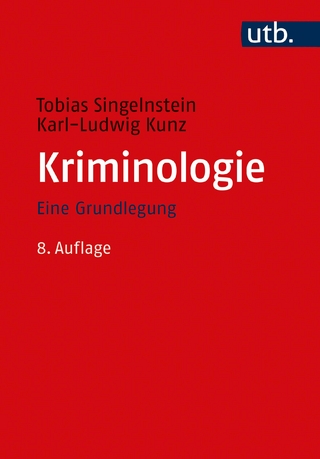
The Religion of Law
Race, Citizenship and Children's Belonging
Seiten
2014
|
Softcover reprint of the original 1st ed. 2013
Palgrave Macmillan (Verlag)
978-1-349-44011-5 (ISBN)
Palgrave Macmillan (Verlag)
978-1-349-44011-5 (ISBN)
- Titel ist leider vergriffen;
keine Neuauflage - Artikel merken
How is religion, particularly non-Christianness, conceptualised and represented in English law? What is the relationship between religion, race, ethnicity and culture in these conceptualisations? What might be the socio-political effects of conceptualising religion in particular ways? This book addresses these key questions in two areas of law relating to children.
The first case study focuses on child welfare cases and reveals how the boundaries between race and theological notions of religion as belief and practice are blurred. Non-Christians are also often perceived as uncivilized but also, at times, racial otherness can be erased and assimilated. The second examines religion in education and the increasing focus on 'common values'. It demonstrates how non-Christian faith schools are deemed as in need of regulation, while Christian schools are the benchmark of good citizenship. In addition, values discourse and citizenship education provide a means to 'de-racialise' non-Christian children in the ongoing construction of the nation.
Central to this analysis is a focus on religion as a socio-political, contingent, fluid and invented concept.
The first case study focuses on child welfare cases and reveals how the boundaries between race and theological notions of religion as belief and practice are blurred. Non-Christians are also often perceived as uncivilized but also, at times, racial otherness can be erased and assimilated. The second examines religion in education and the increasing focus on 'common values'. It demonstrates how non-Christian faith schools are deemed as in need of regulation, while Christian schools are the benchmark of good citizenship. In addition, values discourse and citizenship education provide a means to 'de-racialise' non-Christian children in the ongoing construction of the nation.
Central to this analysis is a focus on religion as a socio-political, contingent, fluid and invented concept.
Suhraiya Jivraj is a Lecturer in Law at Kent Law School, University of Kent, UK.
Introduction.- 1. Conceptualising Law's Religion: Socio-Legal Perspectives.- 2. Interrogating Law's Religion: Critical Perspectives.- 3. Non-Christianness in Adoption and Child Welfare Cases: Prioritising Racialised Religion.- 4. Orientalism, Belonging and Nationhood.- 5. Religion in Education: Christian legacy, Orientalist Positioning and Common Values.- 6. Faith in Schools: Racialised Religion, Community Cohesion and Belonging.- Conclusion.
| Erscheint lt. Verlag | 24.9.2014 |
|---|---|
| Reihe/Serie | Palgrave Socio-Legal Studies |
| Zusatzinfo | XV, 195 p. |
| Verlagsort | Basingstoke |
| Sprache | englisch |
| Maße | 140 x 216 mm |
| Gewicht | 275 g |
| Themenwelt | Recht / Steuern ► Allgemeines / Lexika |
| Recht / Steuern ► EU / Internationales Recht | |
| Recht / Steuern ► Strafrecht ► Kriminologie | |
| Sozialwissenschaften ► Soziologie ► Spezielle Soziologien | |
| ISBN-10 | 1-349-44011-6 / 1349440116 |
| ISBN-13 | 978-1-349-44011-5 / 9781349440115 |
| Zustand | Neuware |
| Haben Sie eine Frage zum Produkt? |
Mehr entdecken
aus dem Bereich
aus dem Bereich


